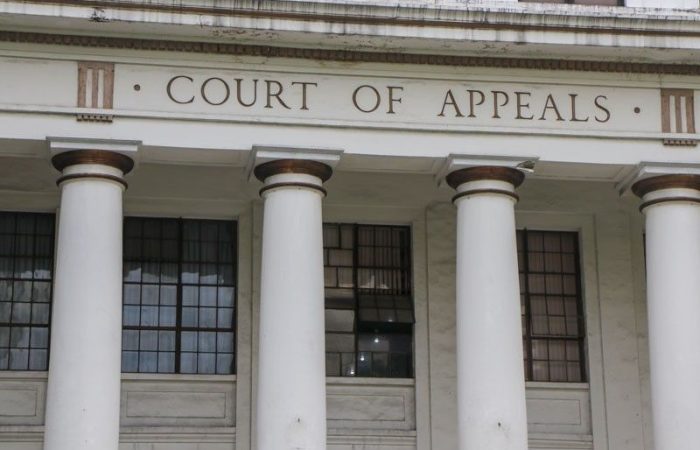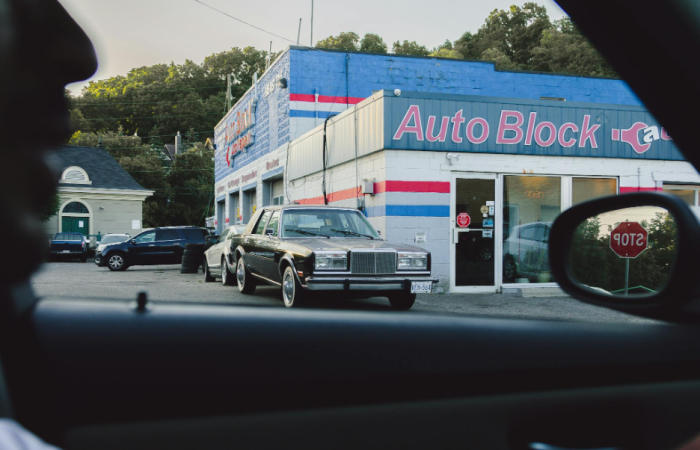By Stephanie Minkoff
When you purchase a condo, townhouse, or freestanding home in a neighborhood with shared common areas—such as a swimming pool, parking garage, or even just the grass and sidewalks in front of each residence, these common areas are maintained by a private homeowners association, or HOA. The HOA will set the rules for the common areas and help maintain and manage those areas for the benefit of the community as a whole.
Owners are obligated to join the HOA and will typically pay a monthly or annually HOA fee for the upkeep of those common areas. To determine the amount that home or condo owners must pay, the HOA will typically develop a budget. The financial resources needed to support the budget is often divided by the number of properties located within the community. Prior to purchasing a home or a condo, potential buyers should review the documentation associated with the HOA. These can include the articles of incorporation, bylaws, covenants, conditions and restrictions, budgets, past meeting minutes, etc. Many sales contracts have a contingency provision to allow buyers the opportunity to review these association documents prior to finalizing the sale. Additionally, the association may also impose a special assessment for one-time expenses when reserve funds do not cover the costs of a major repair or specific improvement.
If the homeowner fails to pay these dues and falls behind on payments, in addition to imposing late fees and fines, the HOA may take legal action. The association could file a lawsuit, get a lien on your home that could lead to foreclosure and/or suspend the owners right to certain common areas or privileges within the property. If an HOA does take legal action, owners may be required to pay the delinquent association fees plus any imposed late fees. Many associations’ governing documents will also state that the association is entitled to recover its court costs and attorneys’ fees. Regardless of association documents, Virginia Code § 55-516(F) allows for the reimbursement of attorney fees.
If an HOA places a lien on your home this does not pay off the debt and has no impact on your mortgage payments. The lien simply tells a future buyer that the HOA is owed money. As such, the lien may not become an issue until the property owner tries to sell, refinance or the association forecloses on the lien. As you imagine, a future buyer would simply reduce the sales price by the amount of the lien because the new owner does not want to be responsible for the prior owner’s debt.
According to Virginia Code § 55-516, almost all HOAs have the power to place a lien on the homeowner’s property if homeowner becomes delinquent in paying the monthly fees and/or any special assessments. Before the HOA can file the lien, they must provide written notice to the property owner by certified mail, informing the property owner that a memorandum of lien will be filed in the circuit court clerk’s office of the applicable city or county. The notice shall be sent at least 10 days before the actual filing date of the memorandum of lien. A lien will usually attach automatically to that homeowner’s property, typically as of the date the assessments became due.
As mentioned above the lien could be foreclosed upon regardless if you are up to date on your mortgage payments. In Virginia, an HOA may foreclose its lien nonjudicially, which means the foreclosure takes place without court supervision (See Va. Code § 55-516(I) and § 55-79.84(I)). If you have additional questions about these procedures, please contact Steven Krieger Law.



